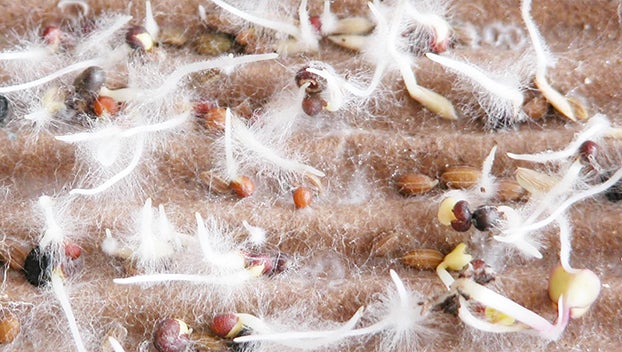Train Up A Child: Social Hosting
Published 10:30 am Wednesday, August 17, 2016
Editorial by Kim Bartel
Life itself is one big classroom full of opportunities for learning. As a parent there are an innumerable amount of life skills that I must teach my children for them to become productive adults and good citizens of the world. Therefore, I must use wisdom in determining not only WHAT I teach my kids, but HOW I teach them as well.
Part of that wisdom is realizing that my children, including my older adolescent, does not and cannot process information as I do. After more than 50 years of in-depth research and countless studies performed by doctors and researchers, we know the human brain is still in development, on average, up to around the age of 25. Furthermore, the last part of the brain to develop is known as the frontal cortex; that part of the brain used for making decisions and evaluating the possible consequences of those decisions. Until the brain is fully developed it’s a struggle for most adolescents, and even some young adults, to think long-term, to monitor self-control, and to make good choices. It is so important for parents to establish boundaries and wisely guide the children in their choices.
Take drugs for example. Every drug, from caffeine to alcohol, from nicotine to marijuana, from heroin to cocaine, every drug physically alters the way the brain processes information. When a teenager smokes a joint, the THC (tetrahydrocannabinol) inside the marijuana tricks the brain into thinking the teen is doing something good. In reality, it was something really bad. The same is true with alcohol and cocaine. The impact of drugs and alcohol have a far greater effect on teenagers than adults. Many teens don’t realize the long-term harm drugs have on them because the short-term effects fade away.
In the developing brain of a teenager, when a mind-altering substance is introduced, it begins to “rewire” the brain’s neuro networks to accommodate the euphoria created in order to assure that the same action is repeated. Introducing a potentially addictive substance into an adolescent’s developing brain increases the likelihood that the brain will “hard-wire” itself into placing that temporary feeling of euphoria as a high priority…thus the addiction begins.
This is why it is so important for parents to consistently talk to and advise their children concerning drugs and alcohol. There is a growing trend, however, among parents who feel that their children are going to make the mistake of experimenting with drugs and alcohol anyway, so why not provide them with a safe environment at home to do so called “Social Hosting” – inviting your teenager and their friends into your home to allow them to drink alcohol or experiment with drugs which is a practice that has great potential for disastrous results. The homeowner can be held legally responsible if injury or death results and, whether they are home or not, the teens’ brains are being trained to want the feelings alcohol and drugs provide.
The truth is, statistically, most teenagers don’t experiment with drugs and alcohol. In the most recent Texas School Survey it was reported that 73.3% of all students DID NOT experiment with alcohol this past year. Often parents don’t know, however, if their children are among the 27.7% who have, stay close to them and continue to establish boundaries and seek help by contacting the Alcohol & Drug Abuse Council at (936) 634-5753. Wisely guide your children to choose to avoid alcohol and drugs in all settings. Talk to them, they are listening.
Kim Bartel is Community Liaison, Alcohol & Drug Abuse Council Region 5 Prevention Resource Center





